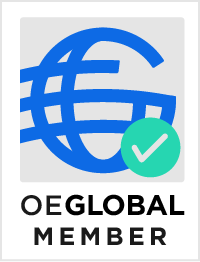
Open Learning

Open Licensing and Copyright
- Library & Learning Services Home
- Library & Learning Services
- Open Learning
- Open Licensing and Copyright
- Copyright vs Open Licensing


The concept of OER is based on a set of permissions that enable the use and modification of educational content. On this page, you will learn about the shift from traditional copyright to open licenses ("copyleft" licensing), and how you can apply open licenses to works you create, remix, and share. For additional information on copyright literacy in general, visit our Copyright Training for Faculty and Staff (eConestoga Course), or visit our Copyright for Faculty & Staff guide.
Copyright matters, because as educators, we often use content created by others, and create content for others to use.
Works in the Public Domain are released from copyright protection, due to expiration of their copyright or by designation by the copyright holder. This content may be used in any way by anyone. In Canada, with some exceptions, copyright expires 50 years after the death of the creator.
In 2012, the Copyright Act of Canada (Opens in a new window) was amended to add education as a purpose of fair dealing.
It is not a violation of copyright to link to copyrighted material, nor is it necessary to obtain permission from the copyright holder to, for example, link to a YouTube video in a presentation.
Follow this simplified checklist to determine the use permissions of the resources that you find online:
Use the guidelines below to identify whether you need to seek permission from the copyright holder when repurposing existing materials as OER. You may also contact the library for help on determining whether your intended use falls within a copyright exception or licence, or whether permission is required.
Attribution:
Text is a derivative of Permissions Guide for Educators - opens in a new window, by ISKME - opens in a new window, licensed under CC BY, 4.0. - opens in a new window